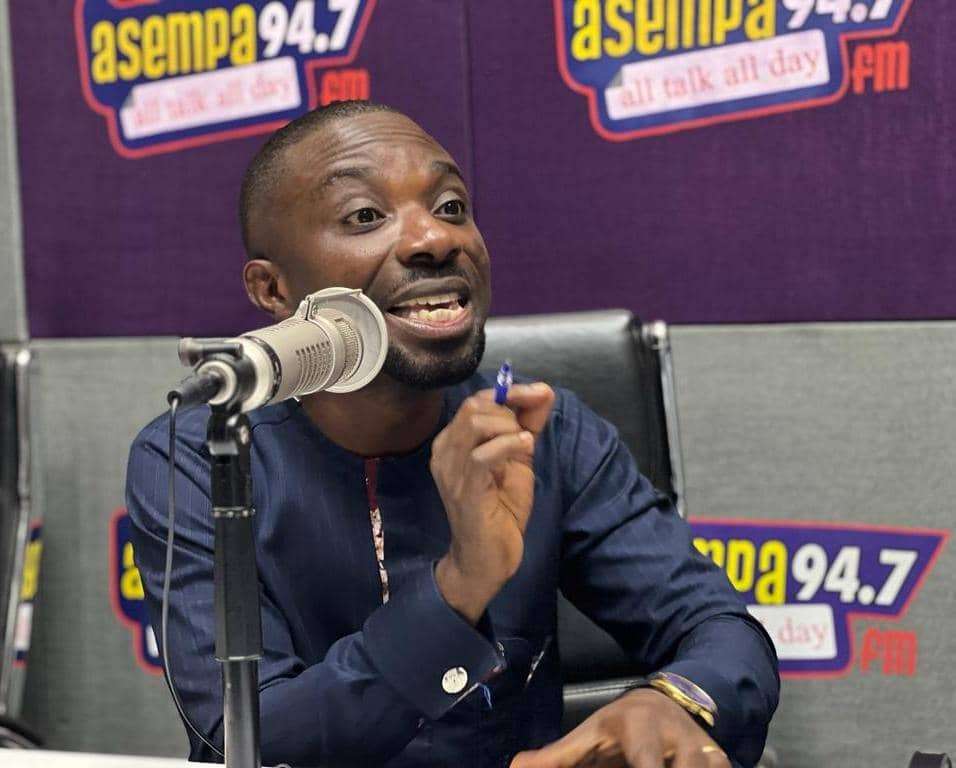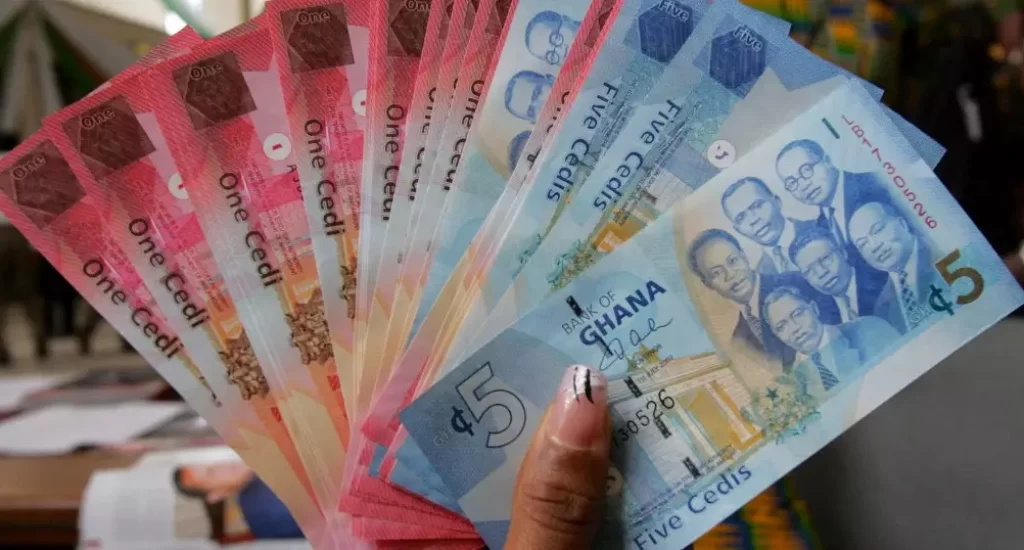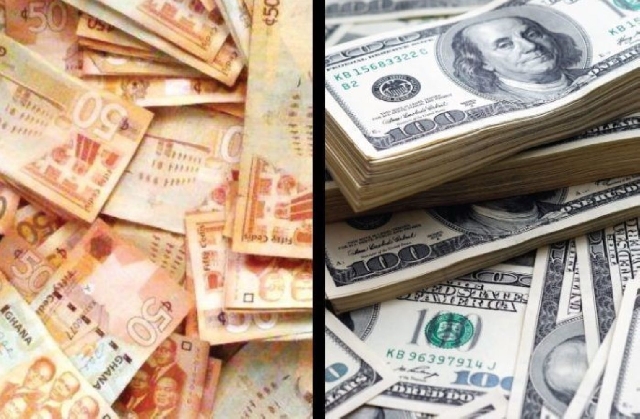The political heat surrounding Ghana’s exchange rate just got hotter, and it’s not because of global markets.
At the center of the storm are two familiar faces—Sammy Gyamfi of the National Democratic Congress (NDC) and Dennis Miracles Aboagye, a vociferous communicator for the New Patriotic Party (NPP).
The issue? The real value of the cedi when the NDC assumed office on January 7th, 2025—and who deserves credit (or blame) for its performance since.
Aboagye came out swinging earlier, accusing Sammy Gyamfi, who now serves as the Acting Managing Director of the Precious Minerals Marketing Company (PMMC), of deliberately spreading falsehoods about the exchange rate.
In a fiery post on social media, Aboagye insisted that the dollar-cedi rate when the NDC took over was not GHS16 as Gyamfi had suggested, but precisely 14.75 cedis, citing official data from the Bank of Ghana (BoG) on January 8th.
“The exchange rate as of Tuesday, 31st December 2024, was 14.70. It is the NDC government that drove it up from 14.75 in January to 15.52 as of mid-April and is now working to bring it down.
“The assertion the NDC communication officer sought to make… is a deliberate attempt to peddle falsehood with a heavy touch of mischief. They lied and scammed their way to power, but lies cannot simply sustain them in power.”
Dennis Miracles Aboagye

Midway through his online tirade, Aboagye made an unexpected concession, acknowledging that the current government does, in fact, deserve some credit for the recent gains in the exchange rate.
He aligned himself with the view that the administration in power—regardless of party—bears full responsibility for the performance of the national currency.
In his view, it’s only fair to recognize the impact of fiscal and monetary decisions made by those currently steering the economy, even if political differences remain.
Retail Vs Interbank Rate Sparks Exchange Rate Feud
However, if Aboagye thought that partial concession would temper Gyamfi’s response, he was mistaken.
Gyamfi fired back, clarifying that his reference to the exchange rate being around GHS16 at the end of 2024 was based on the retail market selling price.

“For your information, I was referring to the selling price of USD$ on the retail market and not the Interbank (weighted median) rate published by the BoG, which is what you are referring to. The two are not the same.
“For clarity and emphasis, the US$ was selling at about 16 cedis on the retail market by the end of 2024. Today, it is going for about GHS13.3–13.5.”
Sammy Gyamfi
Continuing his counterattack, Gyamfi took clear pleasure in pointing out what he saw as a sudden shift in the NPP’s rhetoric, especially as Aboagye acknowledged the current government’s role in stabilizing the cedi—something other party communicators, like Kofi Bentil, have been reluctant to do.
He also seized the opportunity to revisit Aboagye’s past comments from 2024, in which he had confidently predicted a far worse outcome for the cedi under an NDC government.
Gyamfi, clearly relishing the political irony, capped off his response by taking a jab at the NPP’s crushing loss in the December 2024 elections, suggesting that some within the party were still reeling from the defeat. “Don’t mind your boss, Alhaji Bawumia, when he says that you lost because of ‘arrogance of power.’”
Gyamfi’s Defense Shut Down
However, the back-and-forth showed no signs of slowing. Aboagye re-entered the debate with another rebuttal, this time accusing Gyamfi of backpedaling and distorting facts—specifically regarding the actual retail selling price of the U.S. dollar.
He argued that Gyamfi had attempted to shift the narrative by clarifying he was referring to the retail market rate rather than the interbank rate, but even that clarification, in Aboagye’s view, was riddled with inaccuracies.

He contested Gyamfi’s figures, insisting that retail forex bureaus were quoting higher rates than the GHS13.3 to GHS13.5 range being claimed.
“The retail selling price of the dollar is at GHc14.65 and GHc15.80 at our retail points. I agree with you when you say that it is the government of the day that’s working to push the dollar down, and I urge you to continue, but as you do that, speak to truth only and eschew lies.”
Dennis Miracles Aboagye
As the battle over the exchange rate continues to rage online, one thing is clear: in Ghanaian politics, even a decimal point can spark a national debate.
While both sides jostle for narrative control, the average Ghanaian is left watching the forex board and wondering whether the drama helps or hinders the quest for true economic stability.
Meanwhile, a check of the retail currency market shows that the Ghanaian cedi is currently trading at 13.7 to the U.S. dollar for retail sales. This prevailing rate effectively renders the arguments put forward by both Gyamfi and Aboagye baseless and irrelevant.
READ ALSO: GSE Bull Run: Market Capitalization Hits GHS 140 Billion



















